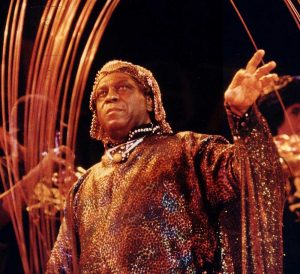OK, so you’ve been digging deep into jazz. You’ve managed to get your head around bebop, with its breakneck tempo and intricate harmonic complexities. You’re fully on board with hard bop and its heavy-swinging, bluesy muscularity. Now you’re ready to stretch out and try something even more challenging. It’s time to give free jazz a try.
But how to approach this daunting territory where familiar signposts like rhythm, structure and often even melody are jettisoned in favour of pure expression? Fear not, the Blue Note and Impulse! catalogues boast a wealth of opportunities for curious seekers to ease themselves in gently. Here’s a selection of albums that point the way outside.
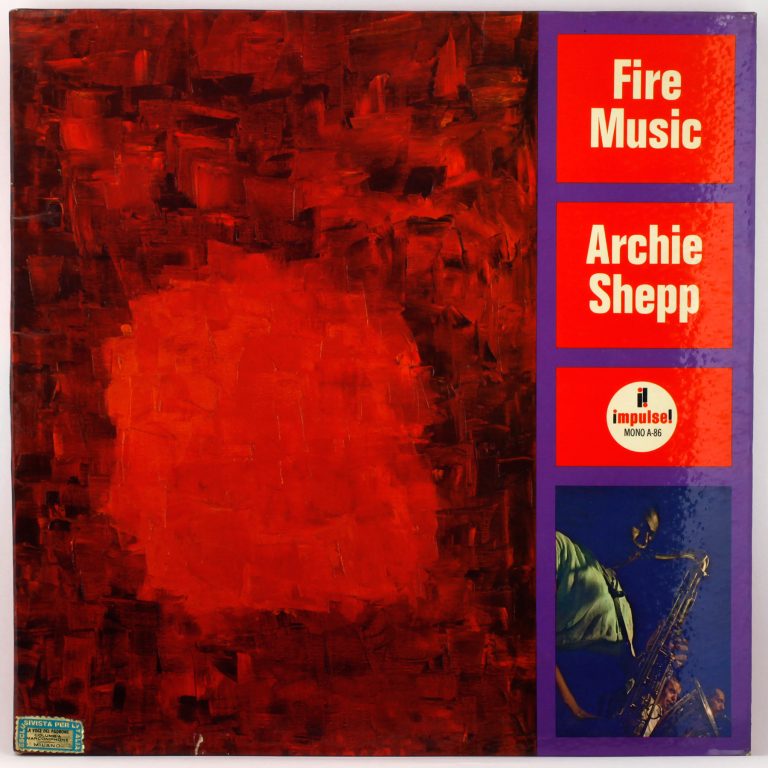
ARCHIE SHEPP Fire Music
Available to purchase from our US store.Tenor saxophonist Archie Shepp’s “Fire Music” (1965) is a founding document of 60s free jazz. With an extended brass section of trumpet, trombone and alto saxophone at his command, Shepp marshals huge walls of energy that remain breathtaking in their impact. Yet, he’s also drawing a clear line out of hard bop, and its traces are still easy to discern. “Los Olvidados” begins with an extended introductory fanfare before drummer Joe Chambers locks into a hard-swinging, up-tempo gallop, and on “Hambone,” stabbing urgency bookends a down-home stroll through a slow blues. Shepp even references much easier listening, with a reverential take on Duke Ellington’s dreamy ballad, “Prelude To A Kiss,” and a jauntily jagged reading of Antônio Carlos Jobim’s bossa nova classic, “The Girl from Ipanema.”

ALBERT AYLER Love Cry
Available to purchase from our US store.For the newcomer, Albert Ayler’s strange and otherworldly free jazz aesthetic can be a difficult thing to grasp. On early albums like “Spiritual Unity” and “Bells,” both from 1965, he unveiled a deeply idiosyncratic approach to the tenor saxophone, veering from impossibly high squeals to a wide, lamenting vibrato, in the service of warped nursery-rhyme melodies and militaristic marches influenced by Scandinavian folk. As the hippie-friendly psychedelic lettering on the cover of “Love Cry” suggests, by 1968, Ayler was keen to spread his message to new audiences, and the album is probably his easiest to digest. While the themes are no less unusual, many recycled from earlier albums, they’re presented as short, concise versions that are much easier to digest, and Call Cobbs’ tinkling harpsichord accompaniment adds a mysterious delicacy.
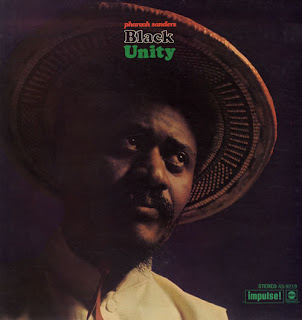
PHAROAH SANDERS Black Unity
Available to purchase from our US store.Pharoah Sanders built his reputation as a young acolyte to John Coltrane, adding scalding tenor saxophone shrieks and multiphonic cries to Coltrane’s later free jazz works. After Coltrane’s death in 1967, Sanders released a clutch of albums on Impulse! that mixed that intensity with more meditative moods to further explore Coltrane’s spiritual quest. “Black Unity” (1971) is perhaps the most accessible of the bunch, thanks to a healthy dose of heavy groove courtesy of twin bass players, Cecil McBee and a young Stanley Clarke. Over the course of a single 37-minute track (split over two sides of vinyl), Sanders investigates the power of rhythm, building polyrhythmic vamps touching on African and Latin traditions. Horns come in and out, soloing wildly or building to huge peaks of group intensity – but that irrepressible central groove never lets up.
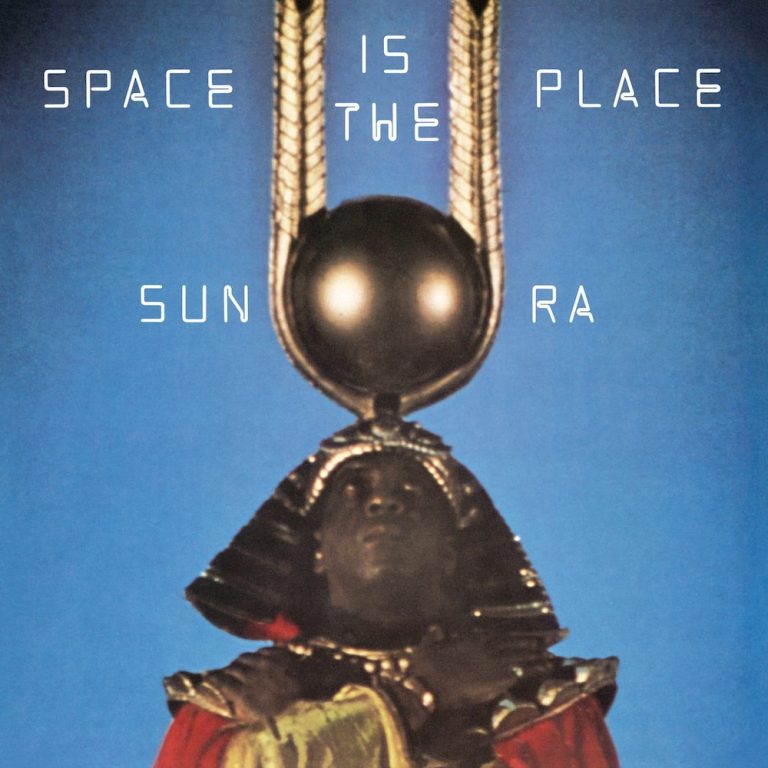
SUN RA Space Is The Place
Available to purchase from our US store.Semi-mythical keyboardist, composer and bandleader Sun Ra is rightly revered as an architect of free jazz and, certainly, he was capable of stirring his Arkestra into huge gales of free-form bluster through wild feats of conduction. But he never fully turned his back on more toe-tapping contexts. “Space Is The Place” (1973) is the perfect entry point into Sun Ra’s vast catalogue. While the album does include abstract investigations on tracks like “Discipline” and “Sea Of Sounds,” its centrepiece is the 21-minute title track: with its insistently chugging sax riff and repeated vocal refrain, it’s both Ra’s signature tune and a manifesto of his space-age escapist philosophy. On the swinging hard bop of “Images,” Ra’s loyal tenor saxophonist John Gilmore blows an arrestingly forthright solo bustling with nocturnal verve.

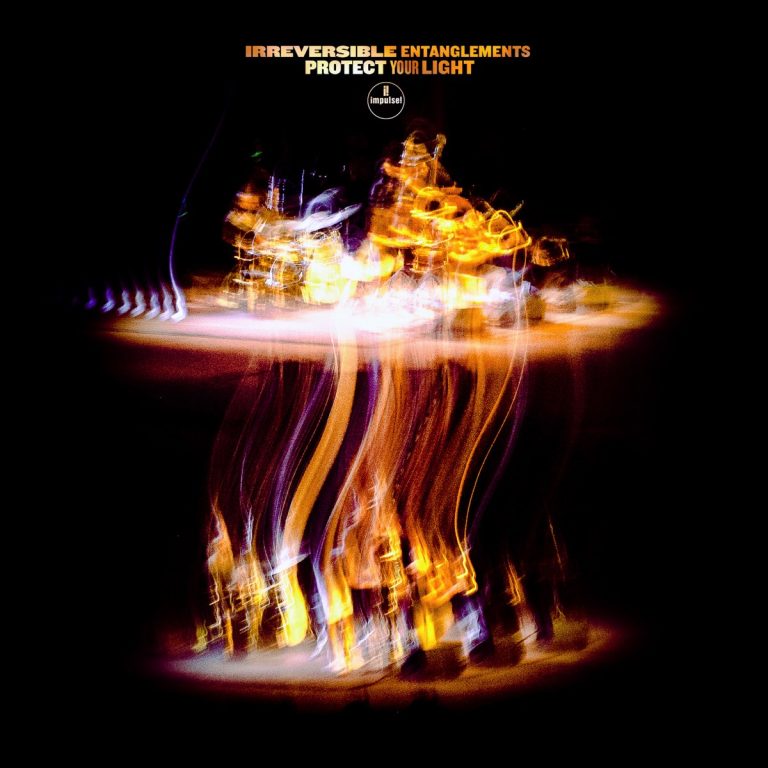
IRREVERSIBLE ENTANGLEMENTS Protect Your Light
Available to purchase from our US store.The spirit of righteous freedom lives on in the 21st century, and perhaps nowhere more so than in the work of radical quintet Irreversible Entanglements. Though fully committed to the liberating potential of free jazz, the transporting energies of the groove have always been central to their sound, thanks to the trance-inducing synergy of bassist Luke Stewart and drummer Tcheser Holmes. Both those vibes are in evidence on their latest album – and their first for Impulse! – “Protect Your Light,” which also broadens the palette to include heavy South American rhythms and delicate balladry featuring vocalist Sovei. Throughout, saxophonist Keir Neuringer and trumpeter Aquiles Navarro send searing horn blasts skyward while vocalist Camae Ayewa – aka Moor Mother – intones tough poetic observations. On the final track, “Degrees Of Freedom,” amid an ecstatic tumult, she decrees: “Let’s get right into it / Straight out the gate.” They’re not messing round. And neither should you.
Daniel Spicer is a Brighton-based writer, broadcaster and poet with bylines in The Wire, Jazzwise, Songlines and The Quietus. He’s the author of a book on Turkish psychedelic music and an anthology of articles from the Jazzwise archives.
Header image: Sun Ra, 1978. Photo: Leni Sinclair/Getty.


